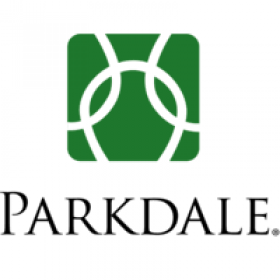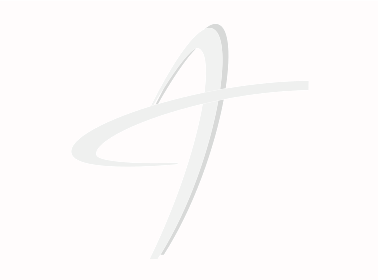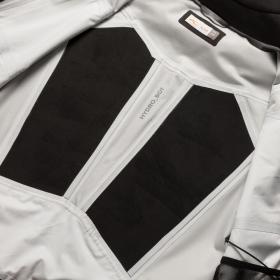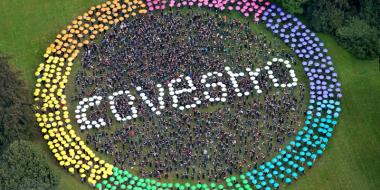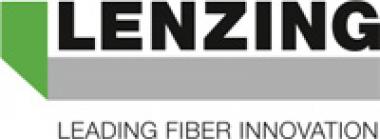Parkdale Mills Collaborates to Supply Swabs for Coronavirus Tests
Parkdale Mills Collaborates with FDA, Gates Foundation and Others to Supply Swabs for Coronavirus Tests
Parkdale Mills subsidiary U.S. Cotton has joined in an effort with the Food & Drug Administration (FDA), the Gates Foundation, UnitedHealth Group and Quantigen to ramp up production of spun synthetic swabs to help the country’s frontline health care workers administering tests for the COVID-19 disease.
U.S. Cotton has developed a fully synthetic, polyester-based Q-tip-type swab that can be used in coronavirus diagnostic testing. The U.S. Food and Drug Administration just announced that these synthetic swabs – with a design similar to Q-tips – could be used to test patients for the coronavirus.
U.S. Cotton, based in Cleveland, Ohio, plans to leverage its large-scale manufacturing capacity to rapidly increase production of large quantities of the polyester swabs, which are in short supply for testing kits across the country.
The FDA has determined that spun synthetic swabs can be used in COVID-19 testing based on the results from a clinical investigation stemming from its collaboration with UnitedHealth Group, the Gates Foundation and Quantigen.
This is the second major COVID-19 relief project that Parkdale has helped. Earlier Parkdale constructed a supply chain that includes Hanes, Fruit of the Loom, and many other U.S. companies in the production of PPE masks needed by frontline medical staff treating the virus.
NCTO


